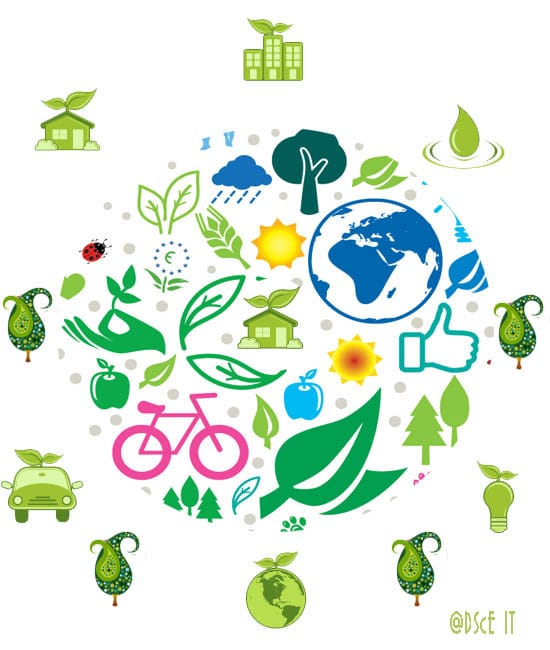
Master of Economics (Environmental Economics)
The Master Degree Programme in Environmental Economics will deal with economics concerned with environmental issues. The Programme will undertake theoretical and empirical studies of the economic effects of national and local environmental policies around the world. Particular issues will include costs and benefits of alternative environmental policies to deal with air pollution, water pollution, water quality, toxic substances, solid waste and global warming.
Duration: 3 Semesters;18 Months
About the Programme
Master of Economics (Environmental Economics) is an 18 months programme where the students have to complete studies for 1200 marks (equivalent to 48 credits where 4 credit hours are assigned for each course and 8 credit hours for a dissertation) over four semesters. Each of the first three semesters will be of four months, while the last and final semester will last for six months. The students are expected to brush up/learn basic economic theories and methods along with necessary mathematical and statistical techniques and will be exposed to advanced and up-to-date theories, techniques and tools of environmental, ecological, resource and energy economics, and will be assisted to gain a sound understanding on the issues of sustainable development, economics of environmental policy and decision making along with advanced research methodology. They are also required to write an end of the programme dissertation on any aspect of environmental economics using the newly acquired methods and techniques.
It is expected that upon completing this programme, a student will have acquired advanced theoretical and methodological knowledge and understanding on environmental economics with academic depth and professional skills, which will enable her/him to understand the nature of the environmental/ climate change challenges, deal with them in an appropriate manner from both theoretical and practical points of view. Given environmental challenges and fast running down of natural resources along with their expanding demands, utmost care should be given on how to deal with such challenges efficiently without compromising real economic growth and development. This would require internalizing environmental concerns in our national planning and development decisions. The basic aim of this programme is to create human capabilities aimed at fulfilling this requirement.
Features:
Tootal 1,200 marks and 48 credits
Total 4 semesters over 18 months, out of which the first three semesters will be of four months each and the final one is set for six months.
English is the medium of instruction
Eligibility
For the admission, the school has set up the criterion that the candidates should have a Bachelor (4 Years) and / or Masters degree from a recognized university or an equivalent institute with good academic records (no 3rd class/division at any level) in the following subjects:
- Any area of Economics (e.g. economics, environmetal / resource economics, etc.)
- Mathematics (e.g. mathmatics / applied mathematics, statistics / applied statistics, etc.)
- Engineering with at least one paper in social science
- Geography / Environment / Environmental Management with at least one course in economics
Students may also admitted from other backgrounds given some exceptional qualities and perform exceptionally well in the admission tests.
For those who have passed their qualifying examinations from outside Bangladesh or from any private university of Bangladesh, DScE shall determine equivalence of degrees awarded.
Those who are in fulltime jobs need to submit permissions from their employers that they will be allowed to attend classes regularly.
A student already admitted or continuing a fulltime academic programme is not eligible to apply for this master’s programme.
Selection Process
The selection criteria comprise written test and interview of the short-listed candidates. The written test includes both multiple choice questions (MCQ) and short answers on basic economics (microeconomics, macroeconomics, Envrionmental economics, and public finance), statistics, mathematics and elementary environmental issues. Special considerations are also given to students with experiences on concepts relating economy-environment linkages. The school reserves the right to change its admission procedure and take either both written and interview or only interview in the selection of the students. Any decision made by the DScE authority will be final.
Evaluation and Grading System
Evaluation and grading shall be determined as per the rules of the University of Dhaka. These include:
- Semester final examination
- Term papers and assignments
- Class attendance and
- Active participation in class /tutorial /group discussion and class tests
When? : Admission Time
End quarter of the year: October-December